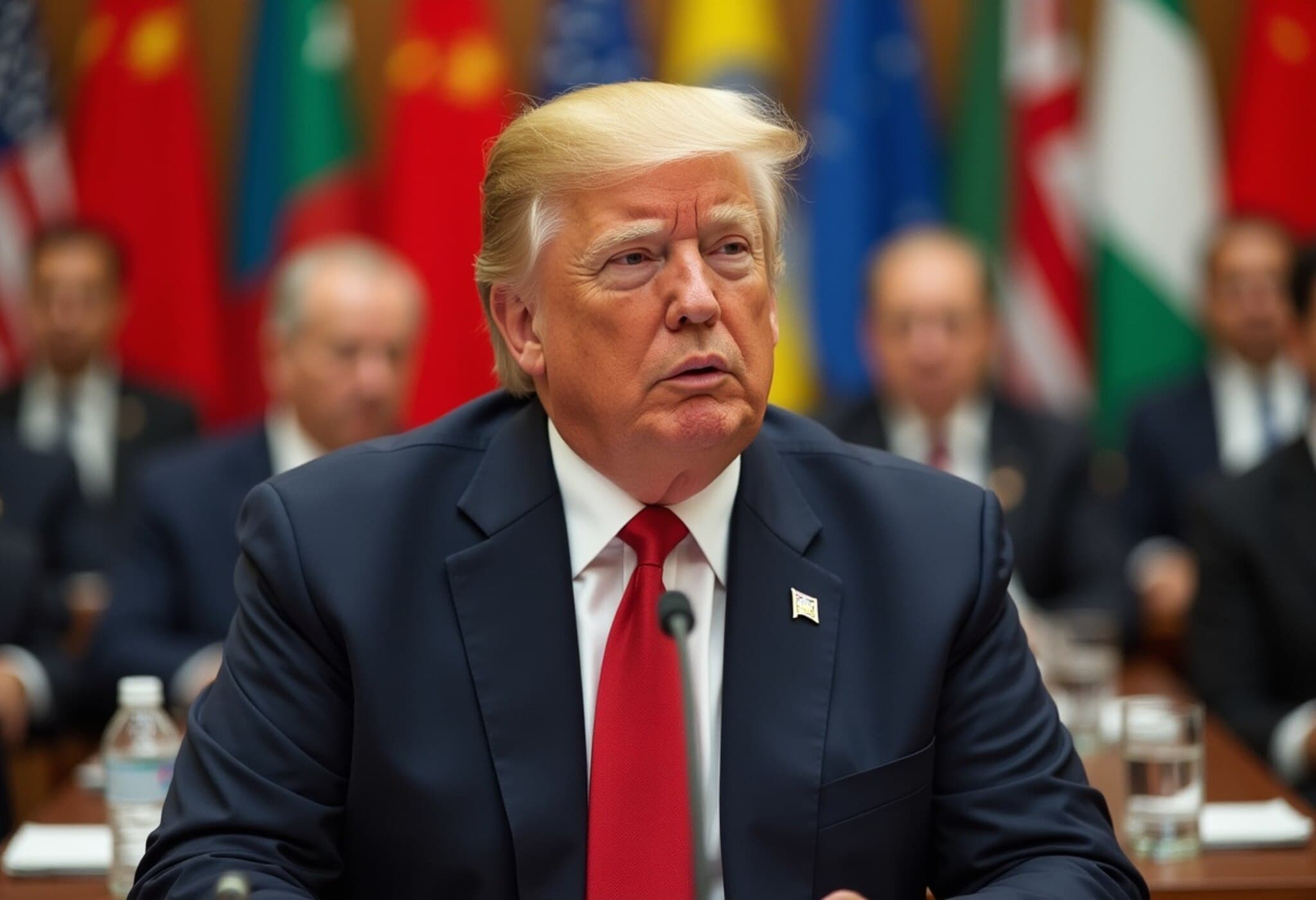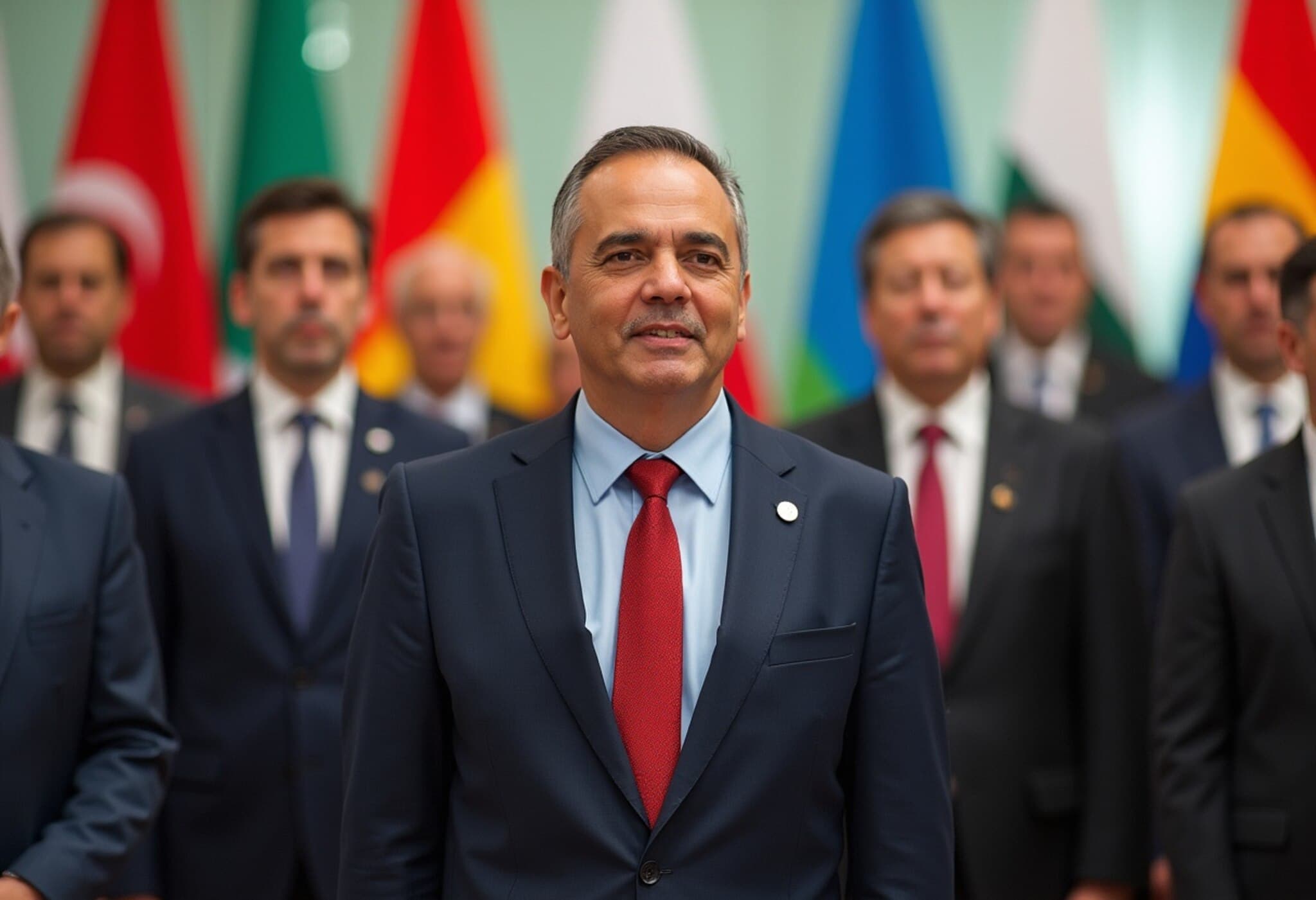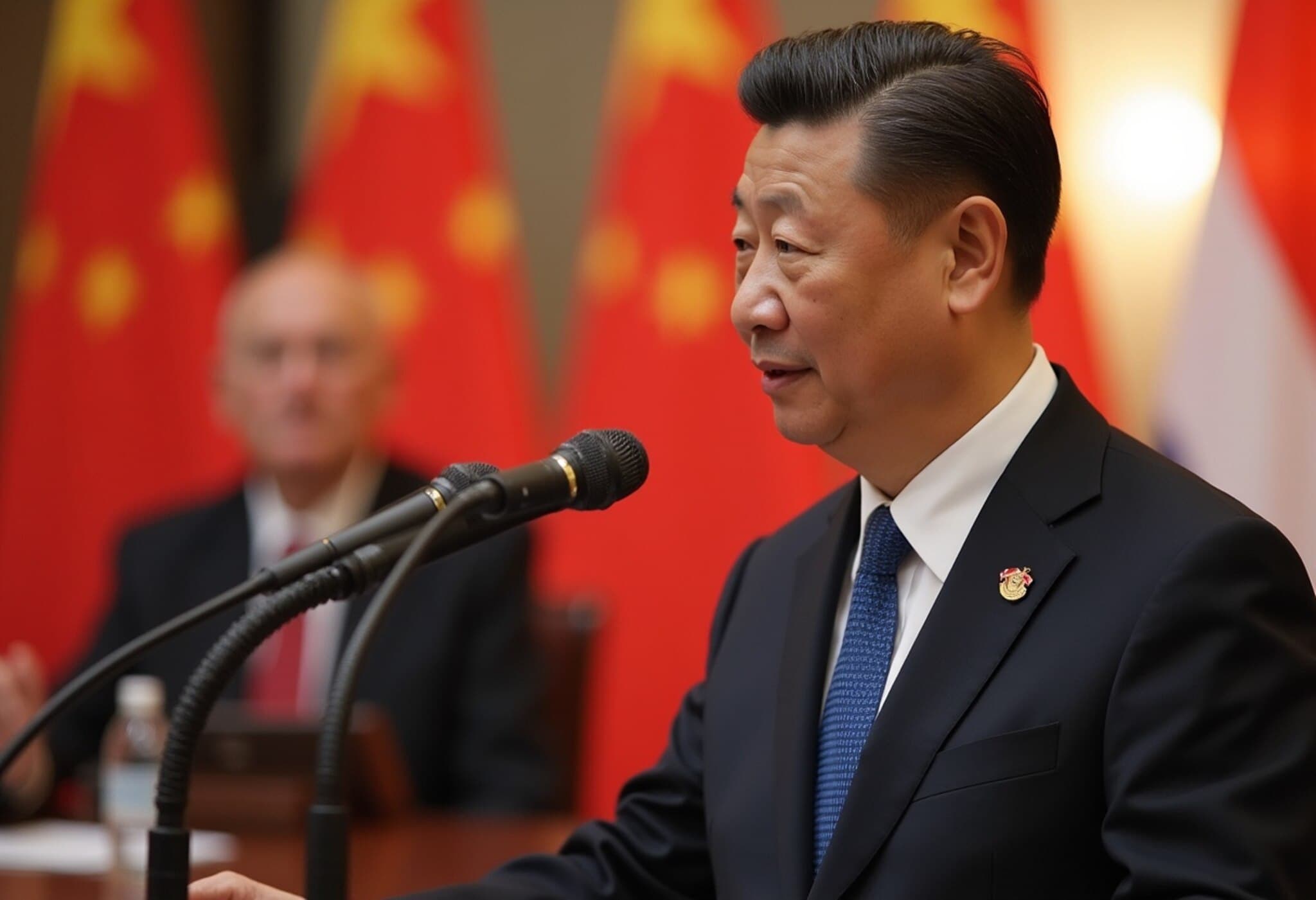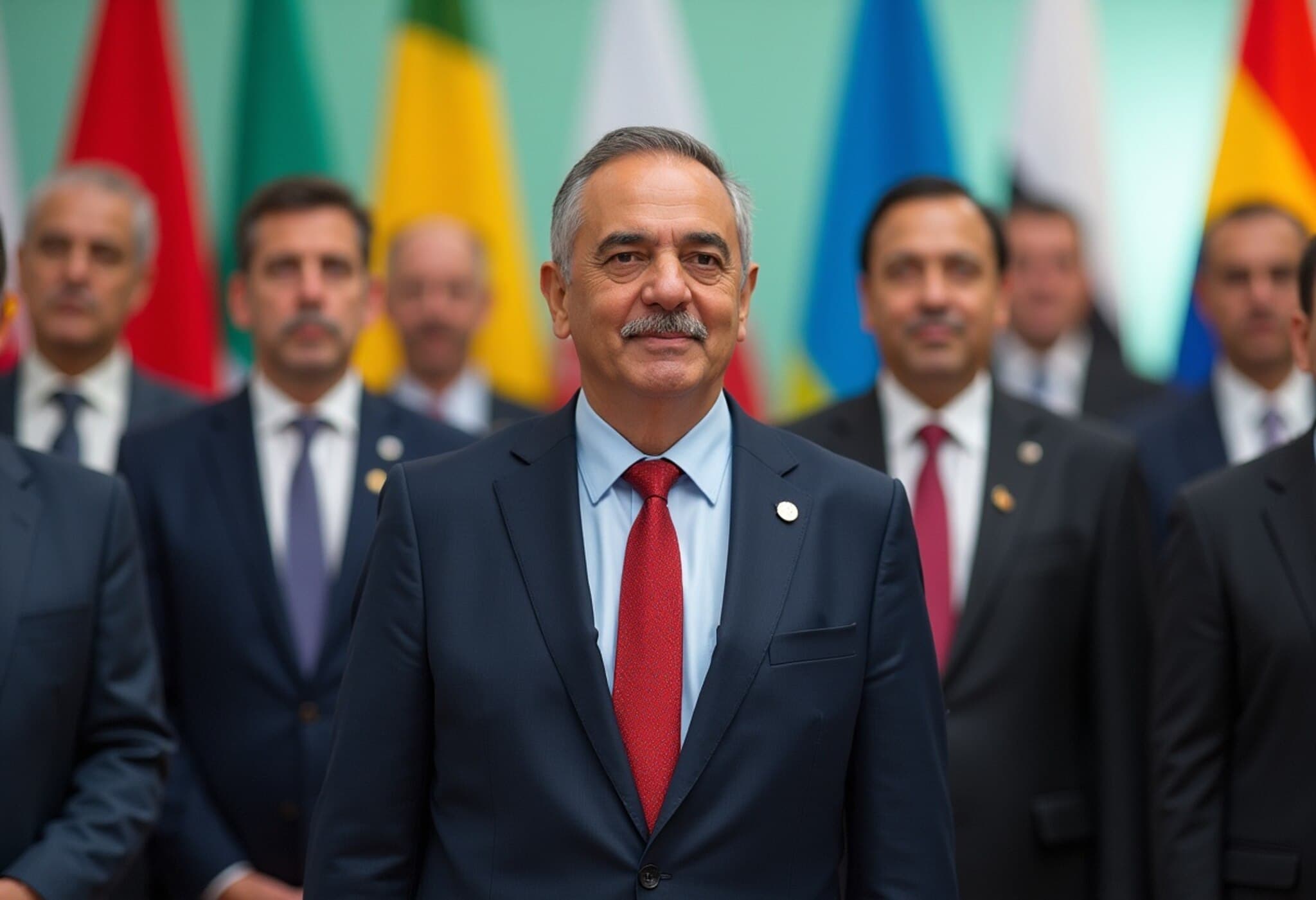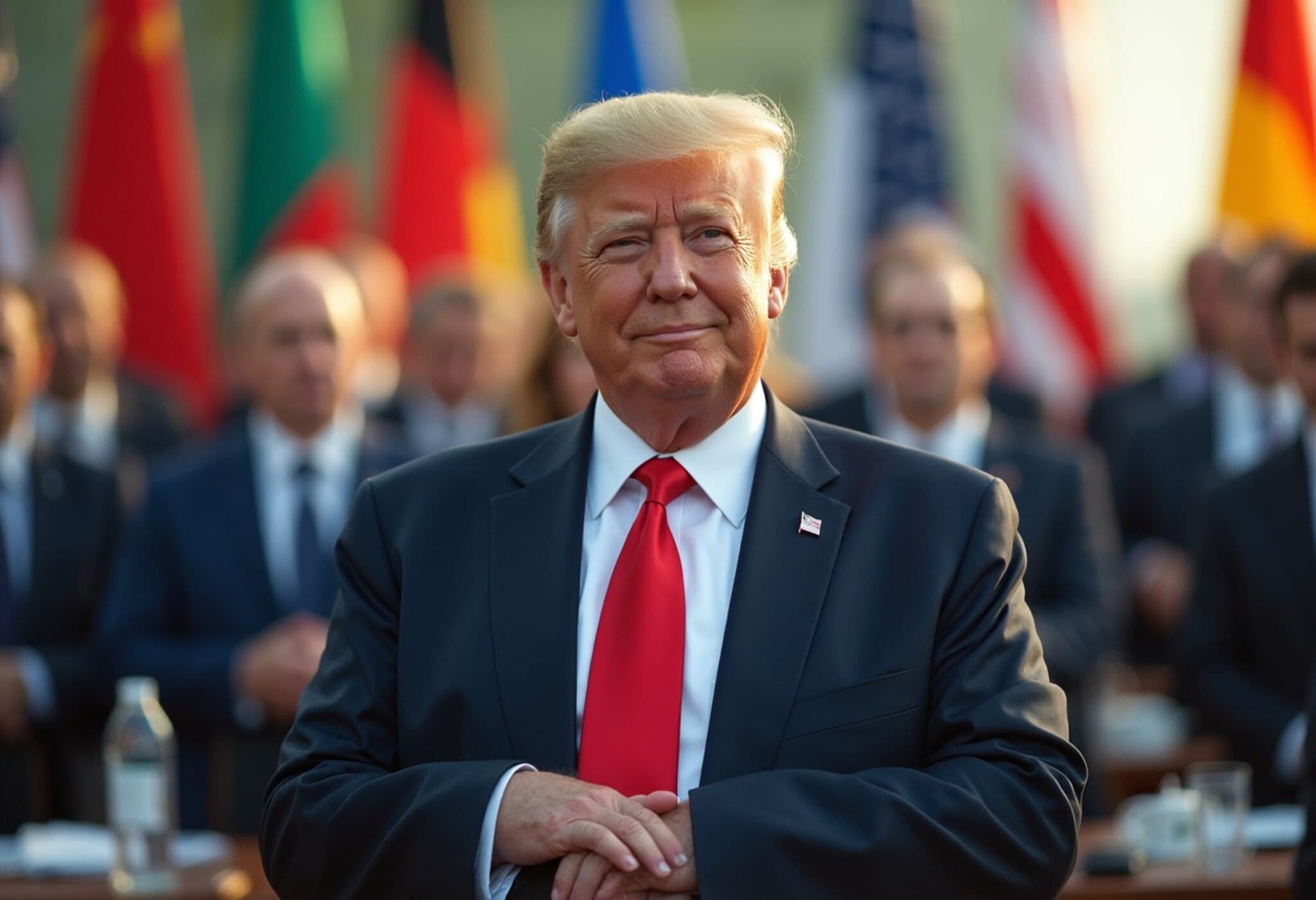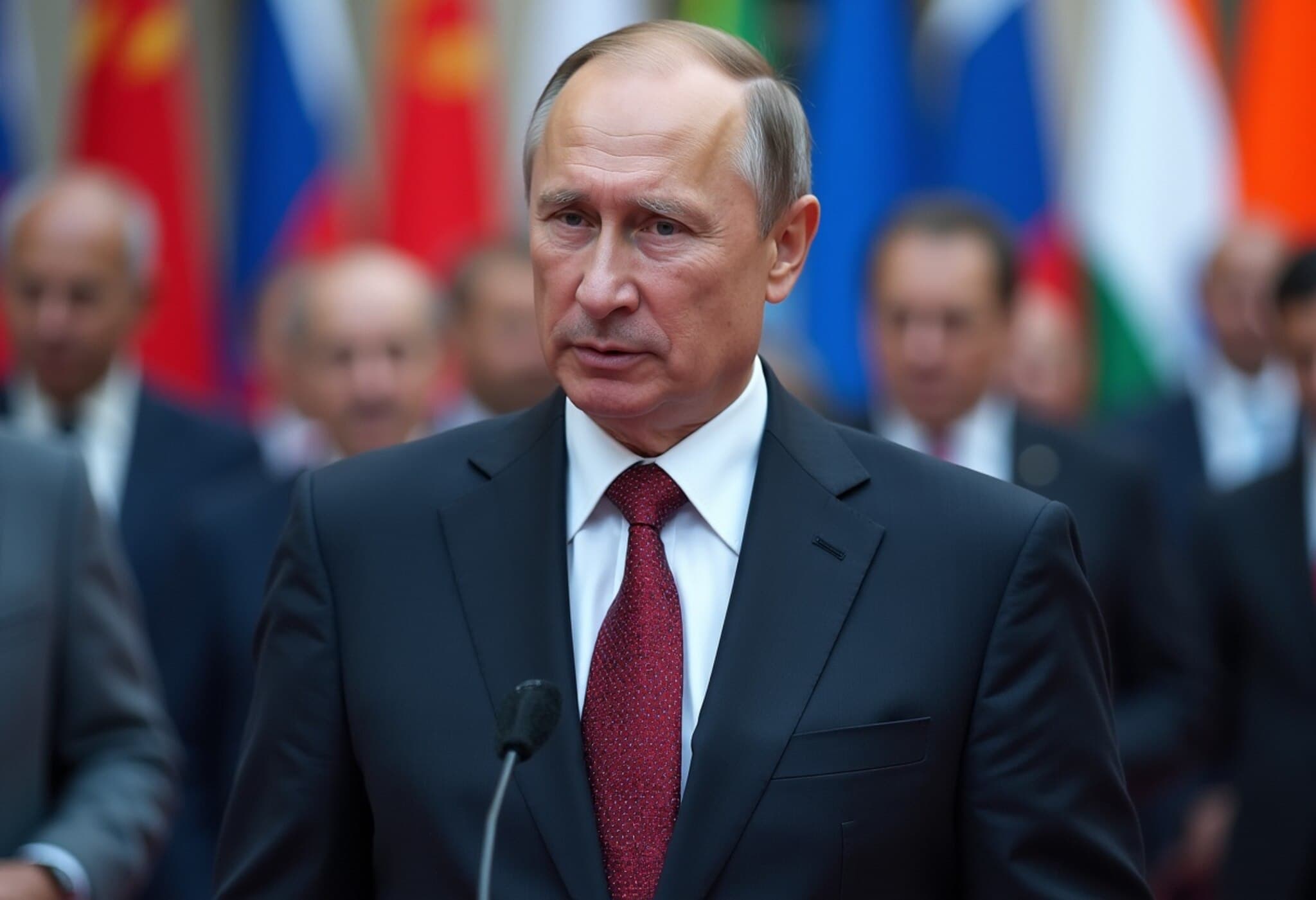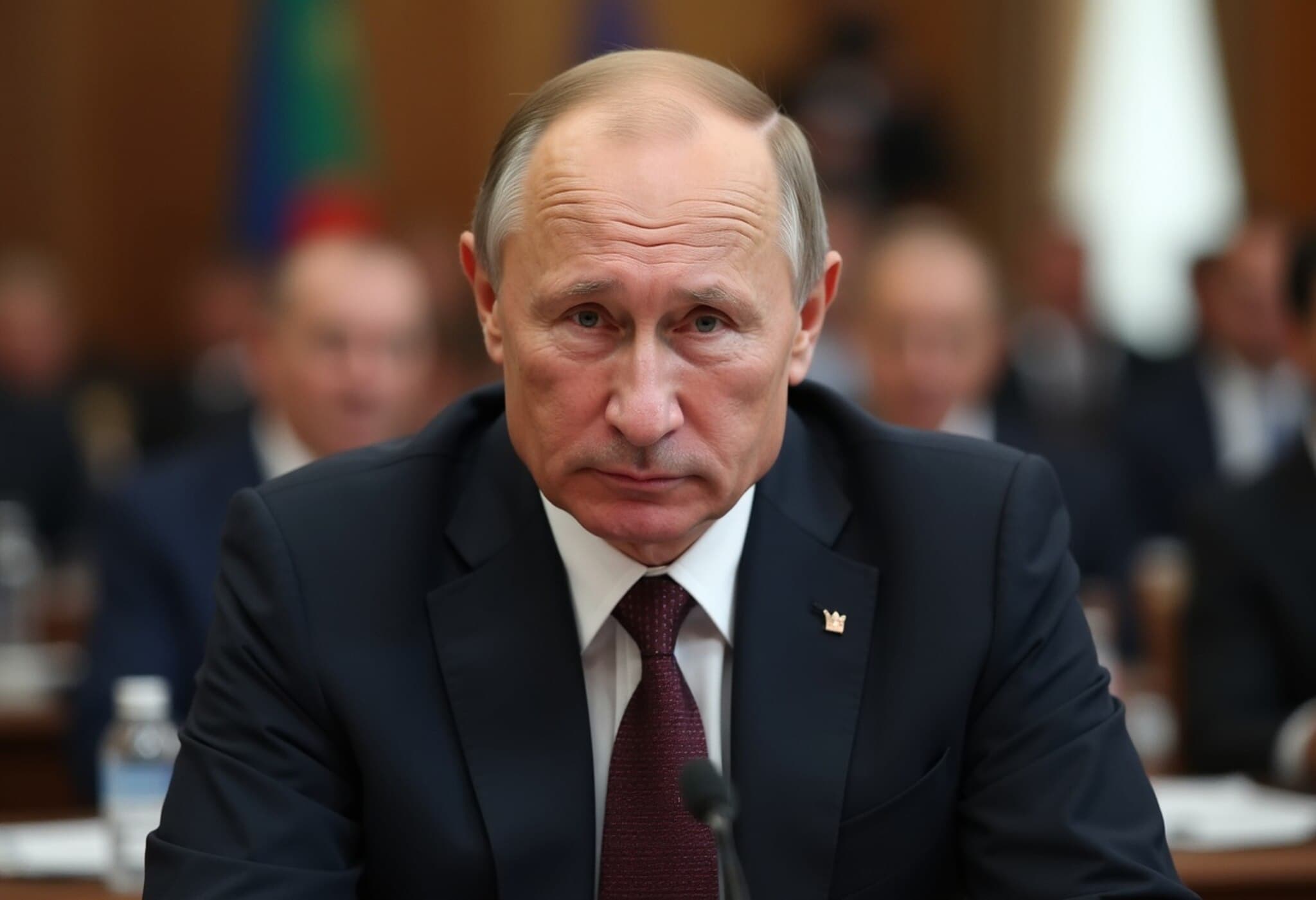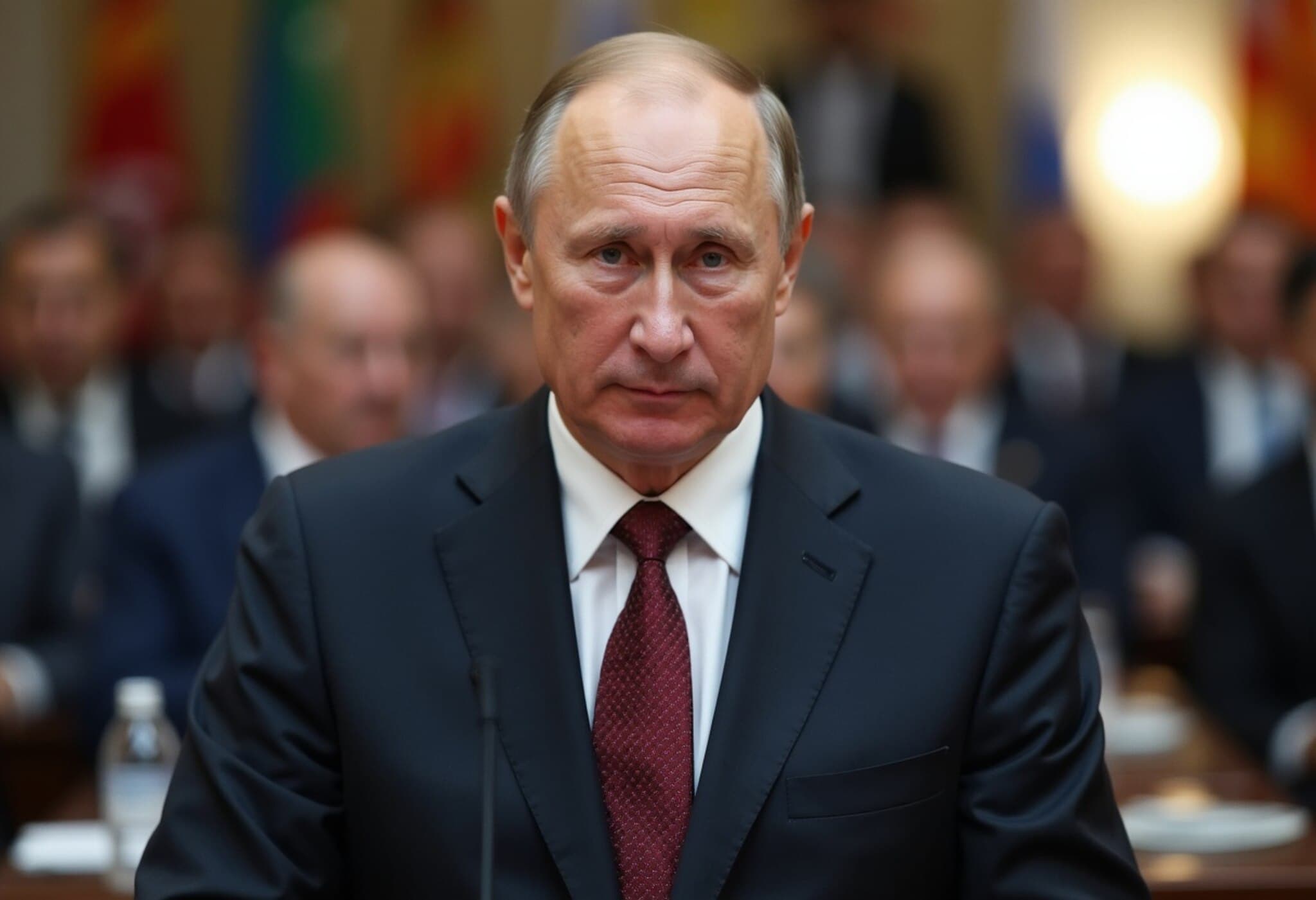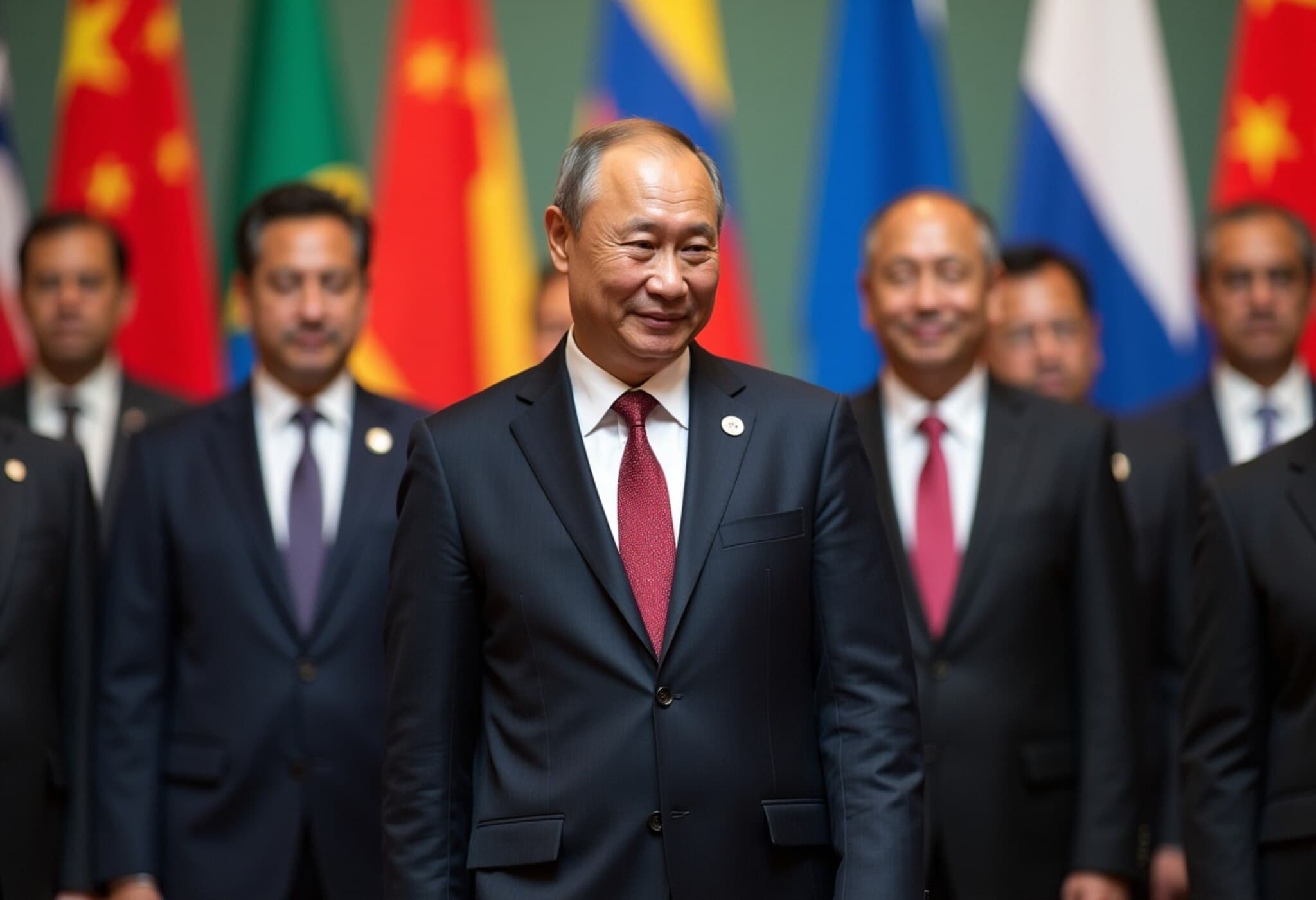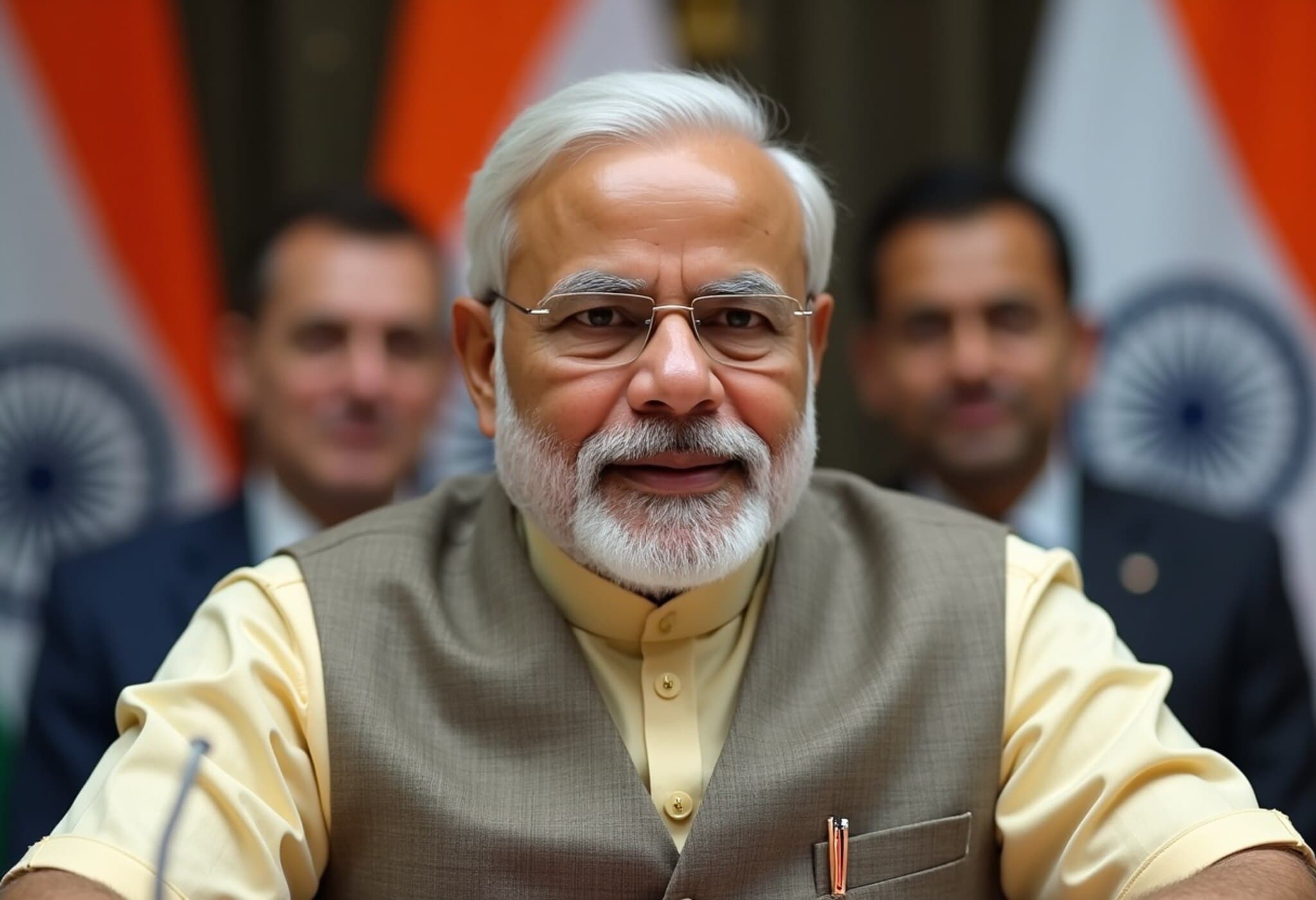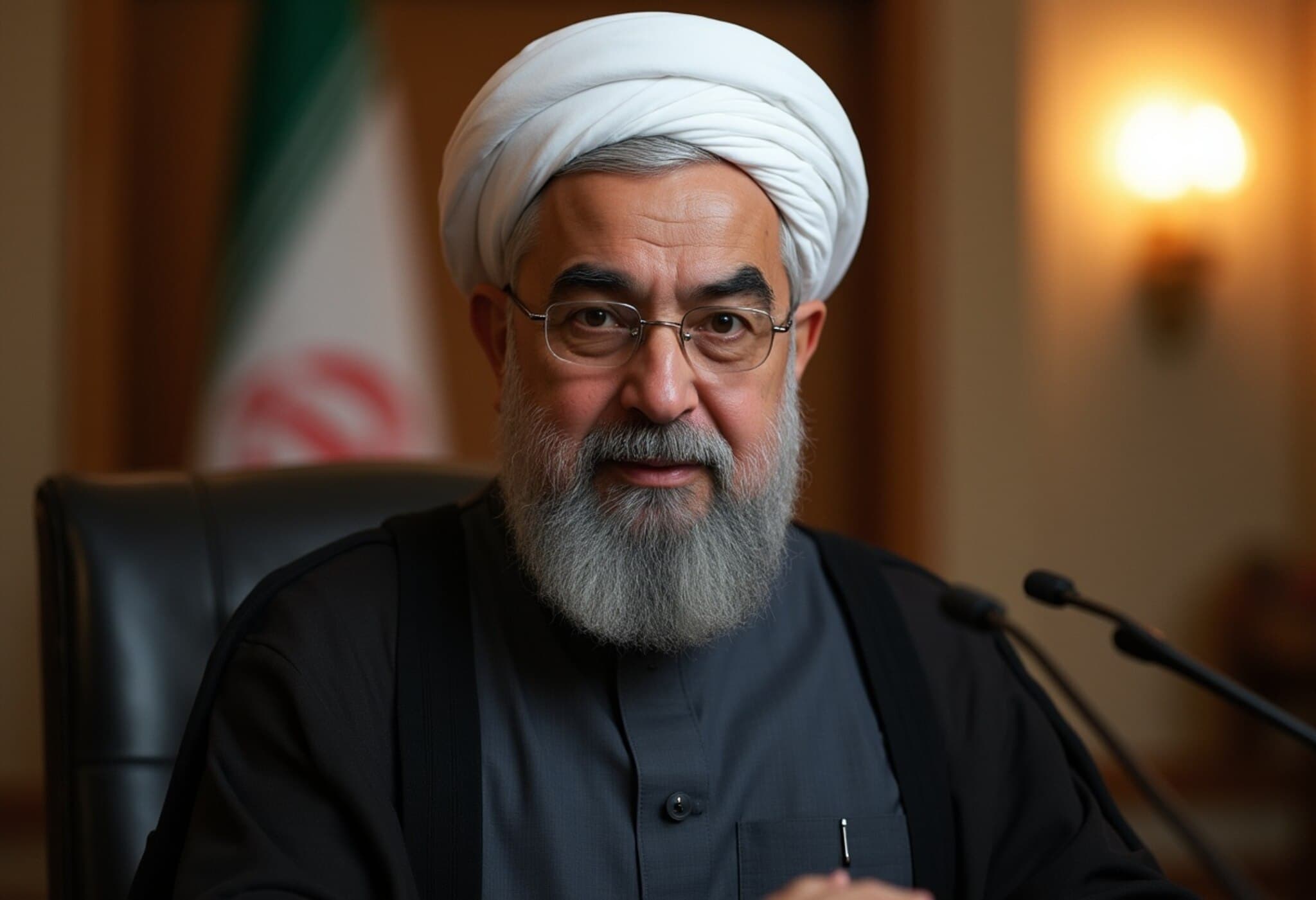BRICS Leaders Push Back Against Trump’s ‘Anti-American’ Allegations
At the conclusion of the 17th annual BRICS summit held on July 6, 2025, in Rio de Janeiro, the group’s leaders collectively dismissed former U.S. President Donald Trump’s characterization of the coalition as “anti-American.” Instead, they emphasized their commitment to reshaping the global economic order in ways that move beyond US-centric dominance.
‘The World Doesn’t Need an Emperor’: Lula’s Stark Message
Brazilian President Luiz Inácio Lula da Silva delivered a pointed rebuke to Trump's remarks and threats of new tariffs against BRICS countries. “The world has changed. We don’t want an emperor,” Lula said, underscoring that the days of unilateral global leadership are fading.
Lula described BRICS—a bloc comprising Brazil, Russia, India, China, and South Africa—as a coalition seeking innovative and inclusive approaches to global economic governance. “I think that’s why BRICS makes some people uncomfortable,” he added, highlighting the group’s desire to challenge the status quo peacefully.
Context: Rising Trade Frictions and Threats of Tariffs
The tension escalated after Trump threatened “retaliatory tariffs” on BRICS countries, as the U.S. government prepared to finalize several trade deals ahead of his self-imposed July 9 deadline. Earlier in February, Trump had warned of “100 per cent tariffs” if BRICS nations attempted to undermine the U.S. dollar’s central role in international trade.
However, under Brazil's leadership earlier this year, BRICS had already scaled back proposals for a common currency—a move seen as too provocative globally. Nevertheless, the underlying desire to reduce reliance on the dollar remains strong, with Lula stating, “The world needs to find a way for our trade relations not to depend on the dollar.”
He urged caution and responsibility, emphasizing the need for dialogue among central banks worldwide to explore alternative mechanisms for global trade settlement.
Other BRICS Leaders Offer Moderate Yet Firm Responses
- South African President Cyril Ramaphosa stressed that BRICS does not aim to compete aggressively with other global powers but rather promote equitable economic partnerships. He also expressed hope for constructive trade negotiations with the United States.
- China’s Foreign Ministry spokesperson Mao Ning condemned the use of tariffs as “a tool for coercion and pressure” and reaffirmed BRICS’s commitment to “win-win cooperation” that does not target any specific country.
Analyzing the Broader Implications for Global Trade and Diplomacy
The friction between BRICS and U.S. trade policy highlights an ongoing transformation in international relations, where emerging economies are asserting increased influence and seeking to diversify away from U.S.-centered systems.
From an American policy perspective, the confrontational rhetoric risks escalating trade tensions at a time when global supply chains remain fragile and geopolitical competition is intensifying. Experts suggest that diplomatic engagement, rather than threats, will serve U.S. interests better by fostering cooperation on transnational challenges like climate change and digital trade governance.
Lula’s metaphor of resisting an “emperor” is particularly telling—a call for a multipolar world where no single nation wields unchecked power. This sentiment resonates across many developing and emerging economies eager for more balanced representation in international financial institutions.
Underreported Narratives and Critical Questions
- How might BRICS’s gradual moves towards economic integration influence U.S. global leadership in the next decade?
- Could the proposed alternatives to the U.S. dollar in trade settlements gain broader acceptance, and what are the implications for the American economy?
- What role can diplomacy play to ease growing tensions and encourage mutual benefit rather than competitive escalation?
Editor’s Note
The BRICS summit in Rio de Janeiro not only highlighted the shifting tectonics of global power but also underscored the urgent need to rethink the architecture of international economic governance. Trump’s ‘anti-American’ claim reflects a traditional view of global dominance, while BRICS leaders advocate for pluralism and cooperation.
As these dynamics unfold, readers should consider the nuanced interplay between nationalism and globalism, the future of the U.S. dollar, and how emerging economies are reshaping the rules of engagement on the world stage. This episode challenges us to ask: In forging the future, how can the world balance power without plunging into new rivalries?

